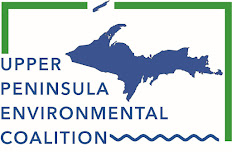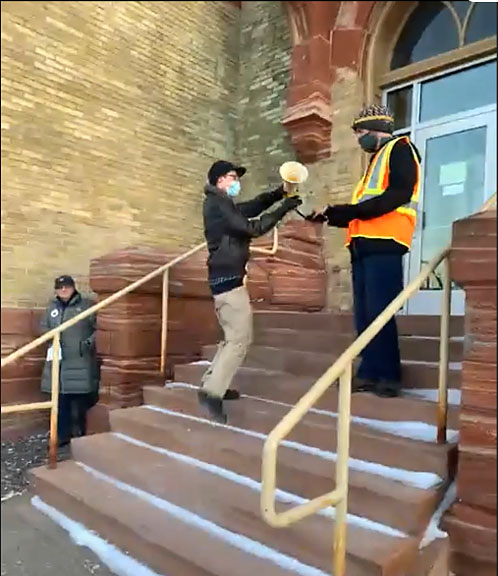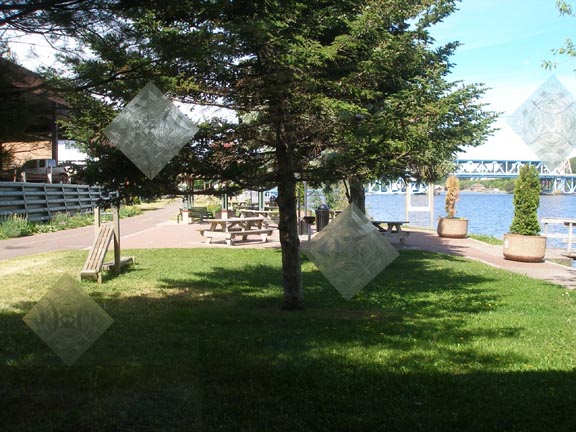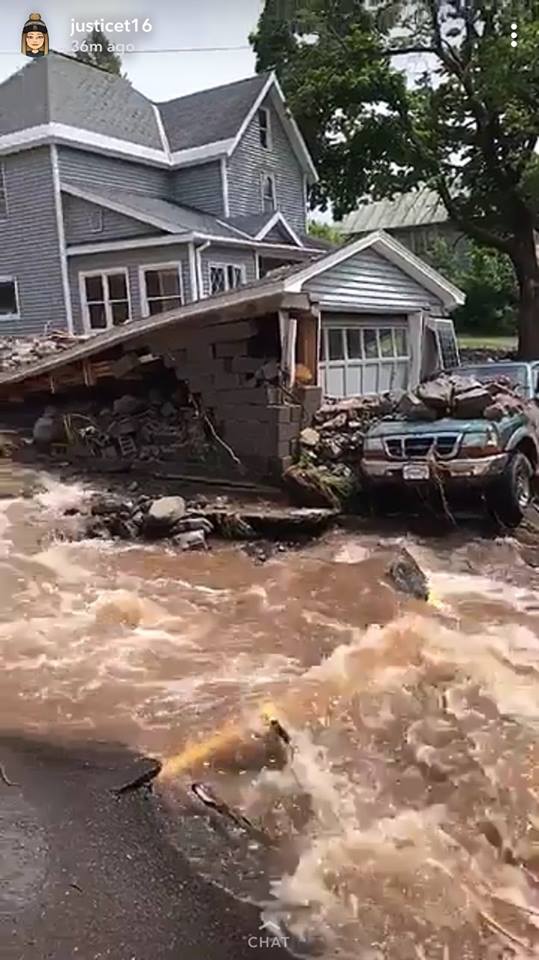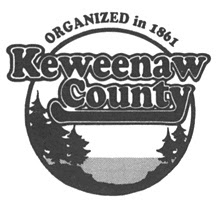By Kelley Christensen*
Michigan Technological University’s COVID-19 testing laboratory was recognized in a special tribute today, April 30, by both houses of the Michigan legislature and by Gov. Gretchen Whitmer and Lt. Gov. Garlin Gilchrist II for its contributions to community health and safety.
The special tribute commends the lab for "its rapid implementation at the start of the pandemic with the ability to perform high-volume COVID-19 testing with rapid turnaround results. The lab has had a dramatic and significant impact on the health and health care of residents in the Upper Peninsula of Michigan."
The diagnostic lab was rapidly mobilized in April 2020 -- just weeks after the pandemic began to sweep the U.S. It celebrated its anniversary April 22, 2021. Michigan Tech’s facility is the only university campus-based COVID-19 testing lab in the state.
"It is a privilege to honor Michigan Tech's COVID-19 lab," said Rep. Greg Markkanen (R-Hancock), who was in attendance at Michigan Tech's Board of Trustees meeting and presented the tribute to the board. "The laboratory was key to mitigating the spread of COVID-19 across the Western U.P. I want to thank all who played a part in getting this lab off the ground. It was incredible to see all of the local resources come together to serve our community and ensure the laboratory's success."
Brenda Ryan, chair of the Board of Trustees, thanked Markkanen for his role in initiating the COVID-19 testing lab.
"Michigan Tech is pleased to have been able to provide this resource to the Upper Peninsula during such a challenging time," Ryan said. "The faculty, staff and students who have worked so hard to establish and operate the COVID-19 testing lab are the true heroes in this story and we thank them for all of their hard work over the past year."
The tribute recognized the substantial involvement of a number of faculty and staff, including Caryn Heldt, David Dixon, Cary Gottlieb, Carsten Külheim, Stephen Techtmann, Jennifer Sanders, Cathy Jenich, Karl Meingast, Brooke Goulette, Mike Abbott, Natasha Chopp, Emmett Golde and Karyn Fay.
The tribute also states the following: "The MTU COVID-19 testing lab became the largest-volume SARS-CoV-2 lab in the Upper Peninsula. The lab was able to begin testing students and MTU employees. The U.P. community benefited from this lab as well. Nursing homes from over 100 miles away were bringing samples to MTU -- using them as a backup when the local health department and local doctor offices were overwhelmed with COVID-19 testing. For a time, the MTU COVID-19 Testing Lab was able to offer the most tests per day in the entire state of Michigan."**
* Kelley Christensen, author of this article, is Science and Technology Publications writer for Michigan Tech University Marketing and Communications.
** Click here to read the full text of the tribute in Michigan Tech News.


















